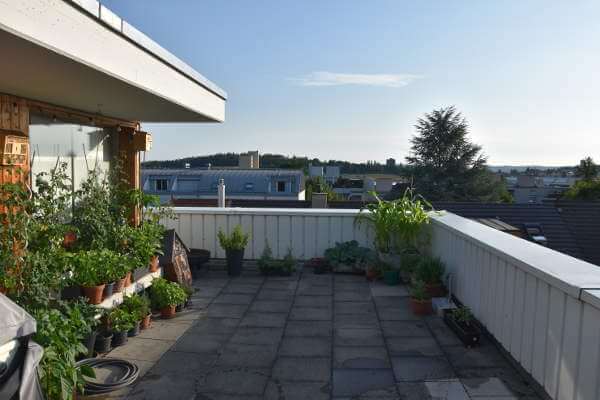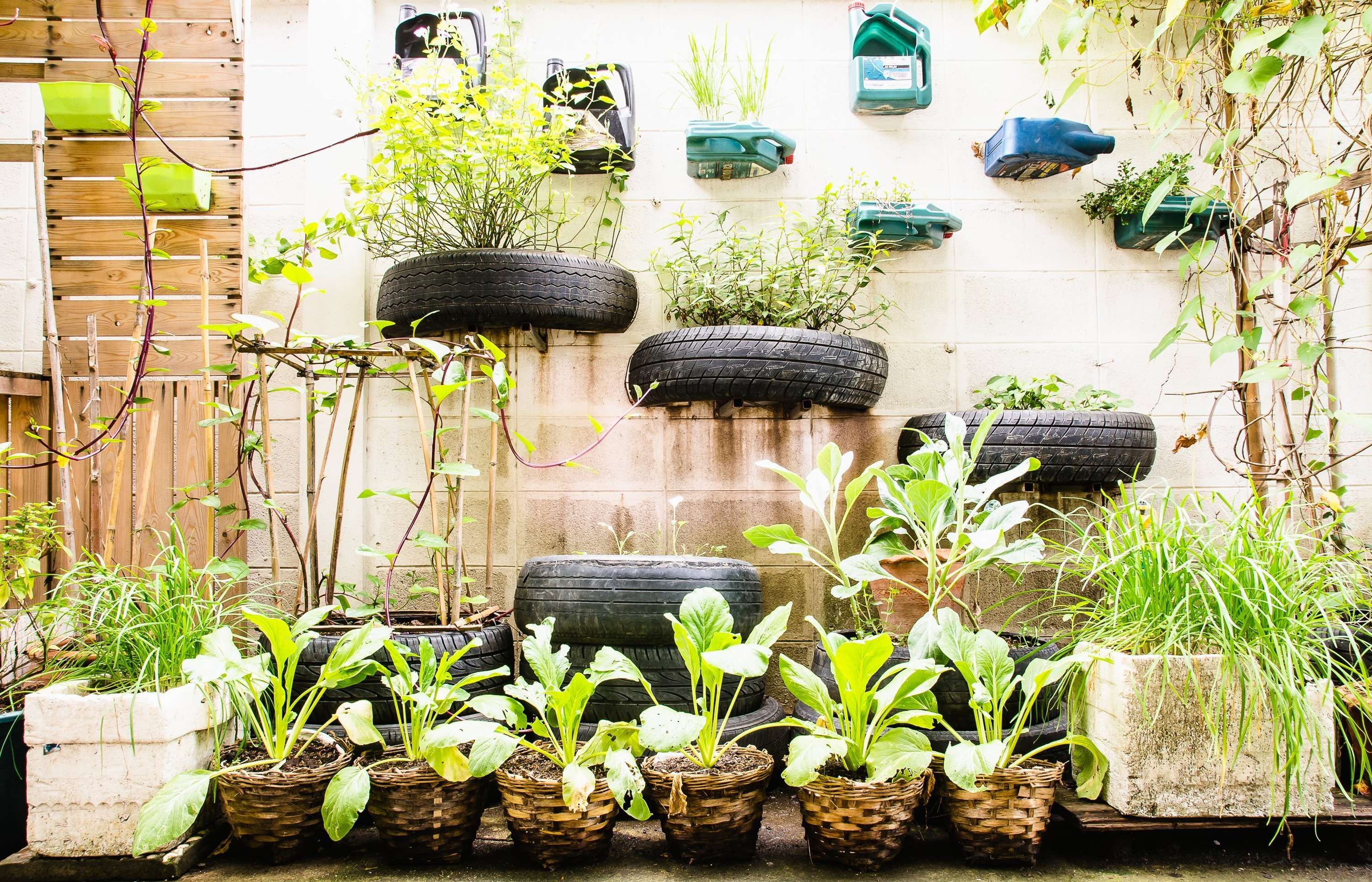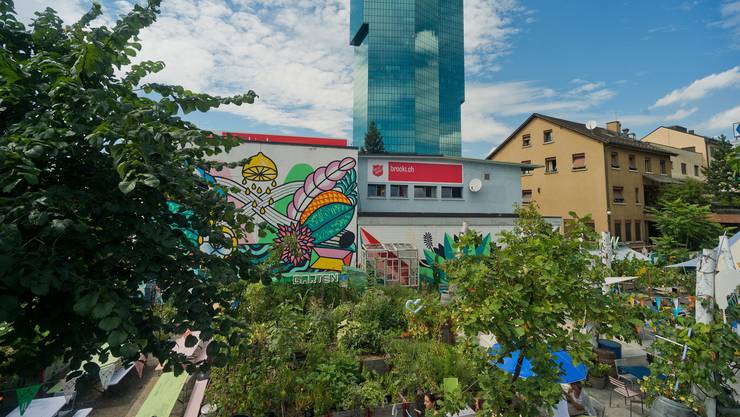Concept, time plan for our IDAF project
Names of the research team:
Debora Röhtlin und Melane Mariathas
Our target:
- We want to find out how much do the people know about urban gardening. Also, we want to inform them how they can easily do urban gardening and where they can buy things to do that.
- Another point is, that we want to further educate our knowledge on this topic.
(On the link you can find our first post on this topic and our goal and achievement: Urban gardening - goal and achievement)
Project description:
- To to realize our project and our vision we want to make a survey about urban gardening and ask the people what they know about this topic and what they think about what everyone can do. With our main collaboration partners from India and the USA we working closely together. We are helping them with their project and they will comment on our posts and also circulate our survey in their school.
- Likewise, we are going to the city of Zurich and ask the people on the street what they know and give them a prospect of urban gardening with much information to educate them.
- It has an urban gardening shop in Wädenswil and we want to make a little interview with the owner of the shop to find out more information from a specialist.
Materials:
- We are going to do the survey with SurveyMonkey.
- For the street survey we need a video camera and later we have to cut the video.
- For the meeting with the manager of the shop, we need our phone to record the interview.
- To make the prospect we need to make our own photos and search for information. Also, we need a computer to create a prospect.
Debora and Melane
Research about this topic:
What is urban gardening?
Urban gardening came from the USA to Europe and got big in the '90s. The focus is on beautifying and enriching life in the city and creating new communities. It has many different types of urban gardening. These different types you can find in the first link.
The motto of urban gardening is recycling instead of high-tech, creativity instead of professionalism.
Urban Gardening and Urban Farming have existed since the construction of urban developments. The lack of transport facilities and the short shelf life of food made it impossible to produce it in regions far away from the demand for this food. With increasing globalization and improved transport routes, the knowledge of how to grow vegetables and fruit was then lost again.
Nowadays, a large part of the urban population is again interested in producing their own vegetables and fruit.
In Switzerland, we have many shops where you can buy things for urban gardening. For example in the second link there you can find a shop in Wädenswil, Switzerland.
Link 1 - what is urban gardening (reset.org)
Link 2 - urban gardening shop
Link 3 - urban gardening information
This is a balcony from Oerlikon, Zürich where the resident does urban gardening.

For this research, I took 30min of my time.
My imagination about this topic
I understand urban gardening to mean the planting and cultivation of my own products. In this context, I also mean bringing green back into the cities and trying to live in an environmentally friendly and "green" way. Urban gardening can be a small garden on the balcony or can be taken over by the cities on a grand scale. For example with city parks and so on.
We are going to do a survey and have an interview with a shop owner. I hope that the interview will provide me with further and exciting information for our brochure. I also hope to get a clear picture of a possibility for my own needs.
From the survey, I hope that we can inform and motivate people. I am also very curious to see how urban gardening is used or applied in different countries and how well known it is.
In my imagination people already know a lot about it and do this urban gardening already without being aware of it. But you have to make people aware that this is a great contribution to our climate.

What is our goal and how it can be achieved?
What exactly is the effect that the group wants to trigger with your action?
- We would like to bring urban gardening closer to people and introduce them to this type of gardening. We want to use this type of gardening to bring green spaces back into the cities.
With what methods should the intended effect be achieved?
- In order to achieve these goals, we would like to ask the inhabitants of the cities what they know about this topic and, if necessary, inform them. For this purpose, we would also like to give them a prospect, which we have produced ourselves. It will give them a short summary of what urban gardening is and how they can make the cities greener. Maybe we can also do an interview with a shop manager or with the city of Zürich.
How we can achieve our impact?
- With various opinions and advertising, we would like to make our target audience aware of how everyone can bring a little green, back to the cities themselves.
Who is the target audience?
- People who live in the city, as well as teenagers, adults, and senior citizens.

Debora and Melane
Refuse, reduce, reuse, recycle – rethink!
Melane and I have taken a closer look at "Refuse, reduce, reuse, recycle – rethink!" With the link, you will get to our PowerPoint presentation where you can find more information about this topic
Refuse, reduce, reuse, recycle – rethink!_Debora and Melane.pdf (457,60 kb)
Have fun looking through it.
Debora and Melane
From the region for the region, why our agriculture is so important?
In the following video, we want to explain our project in detail and give you more information about our idea. If you want to join our team, contact us!
Link to the: First poste
Link to the: Second poste
Debora and Melane
More detail to our project
In this post, I will explain my project in more detail and explain what I want to deal with in more detail. A pitch will follow as well.
I would like to deal with:
Why you should buy the products from a farm instead of from a mass producer? I will also explain why the products from abroad are cheaper and how we could solve this problem. Also what the qualitative difference is? Why buy regional and seasonal?
Is the foreign country cheaper also considering the energy consumption, transport, and environmental impact?
Maybe I can visit a mass company and discuss the difference with a farmer and compare their different opinions.
With my cooperation partner, I want to compare the differences in agriculture between different countries. For this purpose, I would also start a survey and ask students how important regional shopping is to them and other questions. I would be very curious about the result, how it would turn out in different countries.
Debora and Melane
Agriculture
In this project, I would like to talk to our local farms and also take a closer look at why we need regional products and why they are important for the environment.
Maybe I can compare the different farms and regional products from different countries, with the help of cooperation partners.
Why does agriculture is important?

My knowledge about environment & technology:
In my secondary school time I was in an environement group and we made a lot of projects about how we can get a climate school. For example we had the project "solar systems" and we had to sell solar cells. We made presentations for the other classes and informed them about climate change.
 myblueplanet - climatic school
myblueplanet - climatic school
So in fact, I know very much about renewable energy and in the end we became the first climate school in switzerland.
I wan't to know more facts about how other countrys or cultures live and how they try to renew energy. Also I wan't to know more about the importance of our regional farmers and regional products.